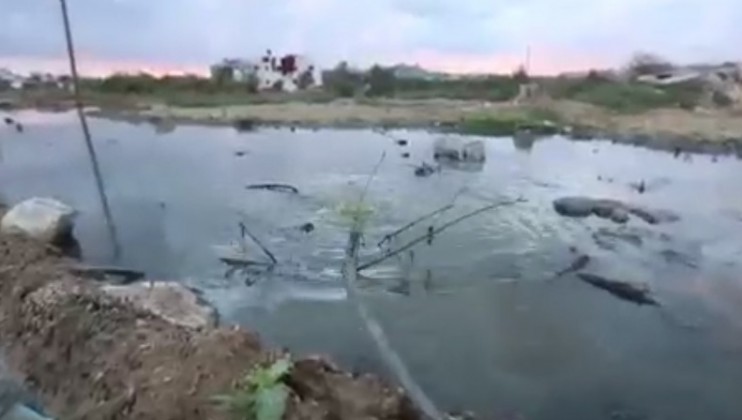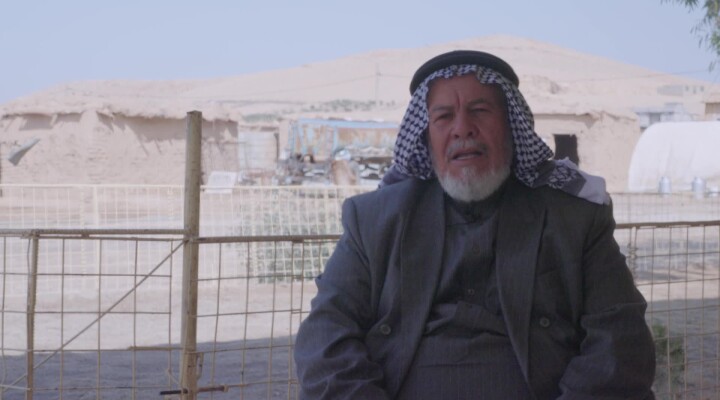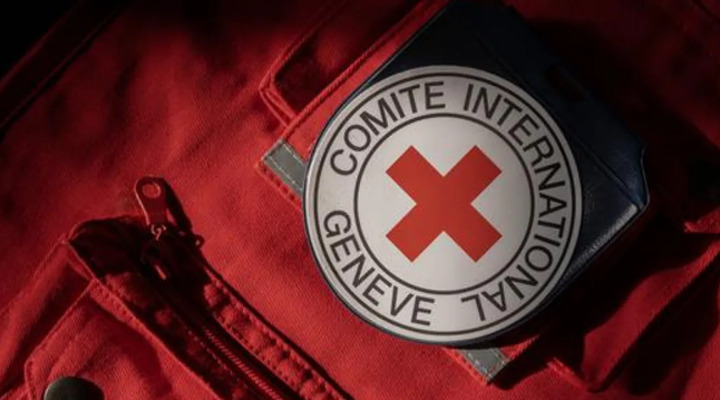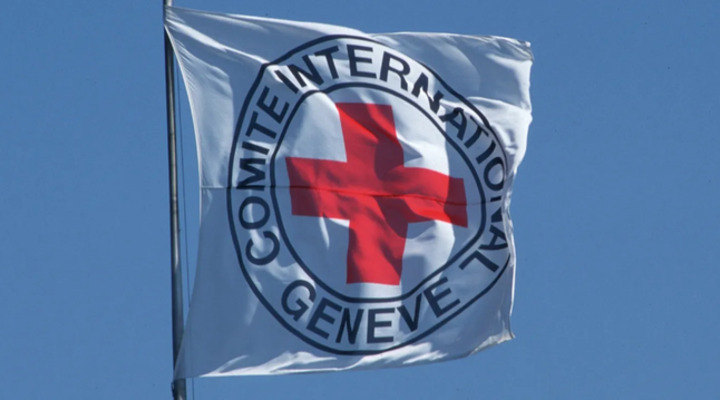Stop targeting water systems in Middle East conflicts - says ICRC

This is a modal window.
In a new report, the International Committee of the Red Cross identifies the Middle East as a region on the edge, with water resources and delivery systems near breaking point. This is in part the consequence of the ongoing conflict in Syria, Israel and the Occupied Territories, as well as nearly three decades of war and sanctions in Iraq.
“The Middle East is bleeding water,” states ICRC’s head of operations for the Near and Middle East, Robert Mardini. “In drought prone cities in Iraq and Syria, you can hear and sense water leaking out of damaged pipelines. Heavy fighting and direct targeting have destroyed water pipes and power lines leaving hundreds of millions of people at great risk from water borne diseases.”
Even before the conflicts began, many of the ageing water and electrical systems were already struggling to sustain the region’s growing population. Now with more than 7.5 million people displaced within Syria and some 4 million seeking safety elsewhere, along with over 2.5 million displaced due to fighting in Iraq, already fragile water systems are being pushed to the max and water quality is also suffering.
Heavy fighting using high-intensity, explosive weaponry means that many water, waste treatment and electrical systems have suffered regular and serious damage. Such attacks are particularly harmful because water, sanitation, electrical and energy supplies are intimately interconnected. An attack on an electrical station, for example, could affect sewage treatment, water availability, the quality of available water, or the functioning of health facilities.
ICRC teams are working round the clock with water authorities, Red Cross and Red Crescent volunteers to quickly repair pipelines, pumping stations and treatment facilities so that homes, hospitals, schools, centres with displaced people receive regular drinking water. There are also long-term rehabilitation projects. “But,” says ICRC’s Mardini, “humanitarian organisations cannot substitute entire services to whole populations. It is high time that parties to the conflict stop attacking water systems or using the access to water as tactics to weaken their enemies or reinforce their hand in negotiations. Water should flow for everyone.”
ICRC action across Middle East
- 9.5 million people have benefited from emergency repairs/rehabilitation of supply systems
- 600,000 people received water
- 1.1 million people benefited from improvement of water storage or distribution facilities.
Shotlist
Location: Various
Length: 3:52
Format: H264 mov HD
Production: Various
Camera: Various
Sound: English
ICRC ref: AV290N Water
Date: Various
Copyright: ICRC access all
Shijaiya, Gaza, August 2014
0:00 Destroyed buildings
Beit Hanoun, Gaza December 2014
0:10 Broken water pipes
0:26 ICRC delegate inspecting polluted water
0:42 Broken water pipes
Gaza, 2011
0:53 Hospital and doctor treating baby
1:01 Children on street
1:05 Woman collecting water
1:10 Child pushing water bottle
SOUNDBITE: Robert Mardini, Head of Operations for Near and Middle East, ICRC (in English)
1:13 “The Middle East is bleeding water. In drought prone cities of Iraq and Syria you can hear and sense water leaking out of damaged pipelines. Heavy fighting and direct targeting have destroyed water pipes and power lines leaving this vital resource away from hundreds of millions of people that are at great risk from water borne diseases. This bleeding is taking place steadily and silently.”
Sweida Province, Syria, December 2014
1:47 GVs of Syrian Refugee camp
2:00 ICRC and Syrian Arab Red Crescent doing needs assessment and checking water tank
2:09 Gaza treatment plant, 2011
SOUNDBITE: Robert Mardini, Head of Operations for Near and Middle East, ICRC (in English)
2:24 Our teams are working round the clock with water authorities, Red Cross and red crescent volunteers to quickly repair pipelines, pumping stations and treatment facilities so that homes hospitals schools centres with displaced people receive regular drinking water.
2:43 We are also working on long-term rehabilitation projects to mitigate the cumulative effects of drought, conflict and steep population growth. These projects are crucial for host communities in Lebanon and Jordan who have been so generous in hosting large numbers of Syrian refugees.
3:08 But humanitarian organisations cannot substitute to the entire services of the whole populations. It is high time that parties to the conflict stop attacking water systems or using the access to water as tactics to weaken their enemies or reinforce their hand in negotiations. Water should flow for everyone.
Duhok, Khanik, Northern Iraq, August 2014
3:34 Various of displaced people seeking shelter in unfinished building
3:52 END
Video Two
SOUNDBITE: Robert Mardini, Head of Operations for Near and Middle East, ICRC (in Arabic) – see dopesheet in Arabic on www.icrcvideonewsroom.org)



